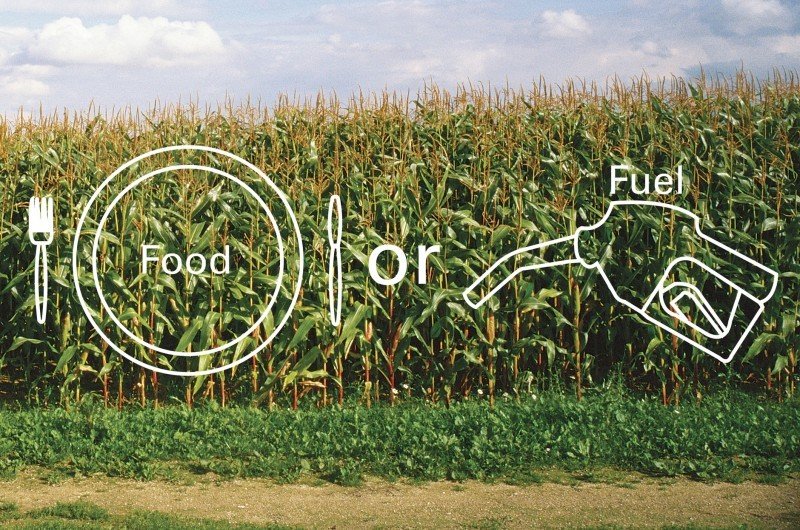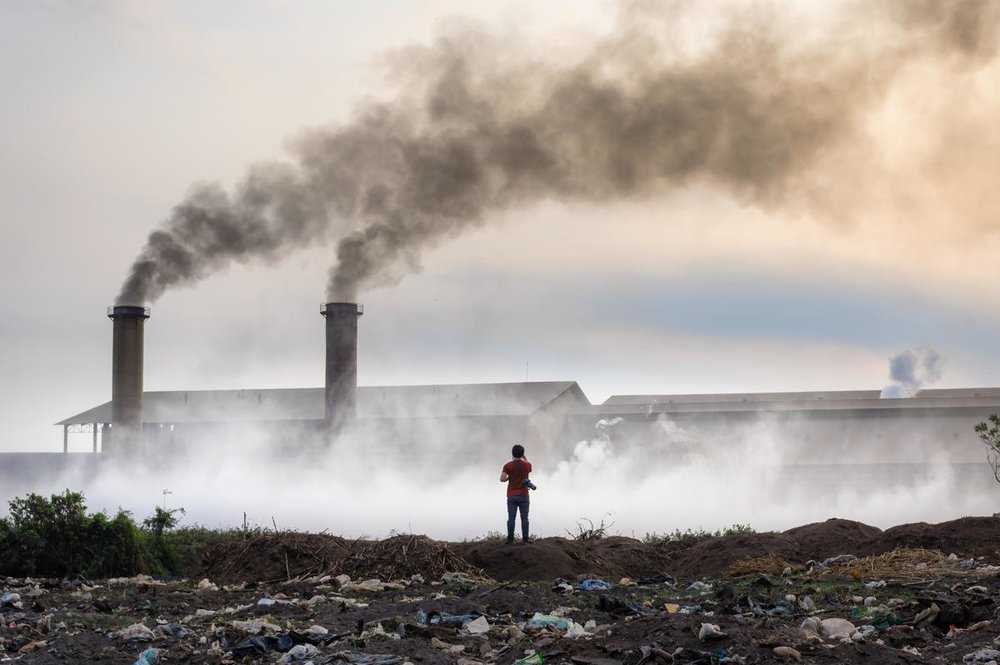Food vs. Fuel Debate: Ethical Sourcing of Biomass

"Food vs. Fuel" Debate: Ethical Sourcing of Biomass
Introduction
The global push for bioenergy—derived from crops, wood, and waste—has sparked a fierce ethical dilemma: Should we use land to grow food for people or fuel for energy?
This 3,000-word investigation explores:
✔ How bioenergy competes with food production
✔ Case studies of land-use conflicts in Brazil, Indonesia, and Africa
✔ The ethics of using crops for fuel while millions starve
✔ Solutions for sustainable biomass sourcing
By the end, you’ll understand the trade-offs of bioenergy—and how to advocate for ethical policies.
1. The "Food vs. Fuel" Conflict Explained
A. What is the Debate About?
- Biofuels (ethanol, biodiesel) are made from food crops like corn, sugarcane, and palm oil.
- Biomass energy relies on wood, agricultural residues, and energy crops (e.g., switchgrass).
- The problem: Using fertile land for fuel reduces food supply, raises prices, and displaces farmers.
B. Key Statistics
- 40% of U.S. corn goes to ethanol—enough to feed 500 million people.
- EU biodiesel demand drives 87% of palm oil deforestation.
- By 2030, bioenergy could occupy land twice the size of Germany.
2. Case Studies: Where Food Loses to Fuel
Case Study 1: Brazil – Sugarcane Ethanol vs. Food Security
- Policy: Brazil powers cars with sugarcane ethanol (45% of transport fuel).
- Impact:
- Food crops displaced: Soybean farmers pushed into Amazon rainforest.
- Hunger rises: 33 million Brazilians face food insecurity (2024 data).
- Ethical issue: "Green" cars vs. empty stomachs.
Case Study 2: Indonesia – Palm Oil Biodiesel Destroys Farms
- Policy: EU/Asian demand makes Indonesia the top palm oil biodiesel producer.
- Impact:
- Peasant farmers evicted for plantations.
- Rice fields converted to palm monocultures.
- Ethical issue: Fuel for Europe, hunger in Indonesia.
Case Study 3: Africa – Jatropha Biofuel Failures
- Policy: EU-funded jatropha plantations promised "green fuel" on "marginal land."
- Reality:
- Farmland stolen in Tanzania, Mozambique.
- Crops failed, leaving soil ruined and communities poorer.
- Ethical issue: False promises to poor nations.
3. The Ethics of Biomass: Key Arguments
Pro-Bioenergy View
✔ Energy independence: Reduces fossil fuel reliance.
✔ Rural jobs: Creates income for farmers.
✔ Waste-to-energy: Uses residues (e.g., corn stalks) without harming food supply.
Anti-Bioenergy View
❌ Hunger risk: Diverts crops from plates to gas tanks.
❌ Land grabs: Corporations seize farmland from locals.
❌ Carbon fraud: Deforestation often makes biofuels worse than fossil fuels.
4. The Hidden Drivers of the Crisis
A. Flawed Carbon Accounting
- EU/US policies ignore indirect land-use change (ILUC):
- Example: U.S. corn ethanol expands into grasslands → releases stored carbon.
B. Corporate Lobbying
- Agribusiness giants (ADM, Cargill) profit from crop-based biofuels.
- Drax Group lobbies to keep forest biomass subsidies.
C. Greenwashing
- "Sustainable" labels (e.g., RSPO palm oil) often hide deforestation.
5. Solutions: Ethical Biomass Sourcing
A. Policy Reforms Needed
- 1.End food-crop biofuels: Ban ethanol/biodiesel from edible crops.
- 2.Cap biomass land use: Limit bioenergy to true waste & residues.
- 3.Strengthen land rights: Protect small farmers from corporate takeovers.
B. Sustainable Feedstocks
| Unethical Source | Ethical Alternative |
|---|---|
| Corn ethanol | Cellulosic ethanol (from crop waste) |
| Palm oil biodiesel | Algae-based biodiesel |
| Virgin wood pellets | Sawdust & forest residues |
C. Tech Innovations
- Waste-to-energy: Convert manure, food scraps, sewage into biogas.
- Agroecology: Grow food and fuel crops together (e.g., alley cropping).
6. What You Can Do
✔ Demand policy change: Petition against food-based biofuel mandates.
✔ Choose ethical energy: Support waste-derived biofuels only.
✔ Reduce meat consumption: Free up 1.3 billion tons of grain for food (not animal feed).
Conclusion: Fuel Must Not Starve the Poor
The "food vs. fuel" conflict exposes a harsh truth: Bioenergy can harm people and planet if done wrong.
To fix this, we must:
- 1.Stop burning food for energy.
- 2.Prioritize waste-based biofuels.
- 3.Put people before profits.
The choice is ours—what will we prioritize: cars or crops?

